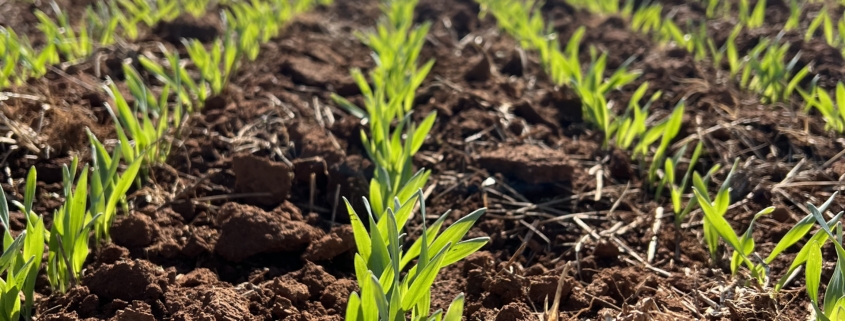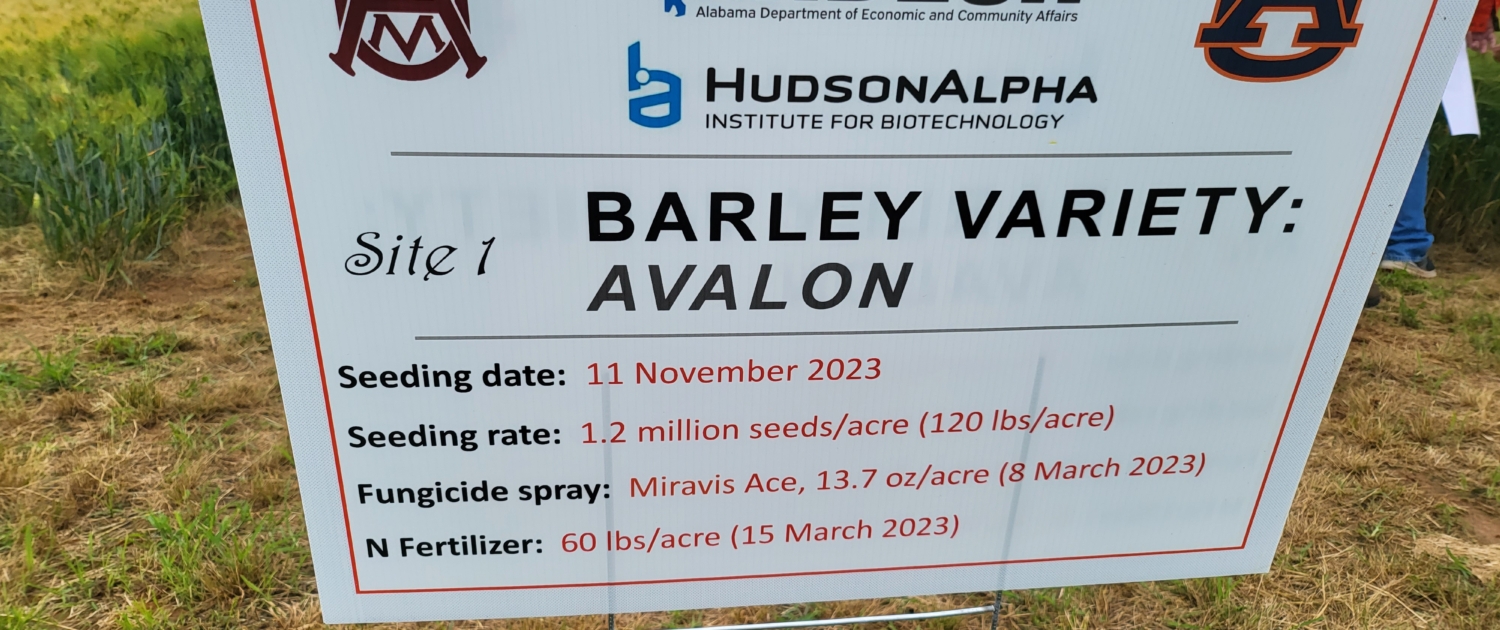Riverbend Malt House 2023 Harvest Report
“The two most powerful warriors are patience and time.” – Leo Tolstoy
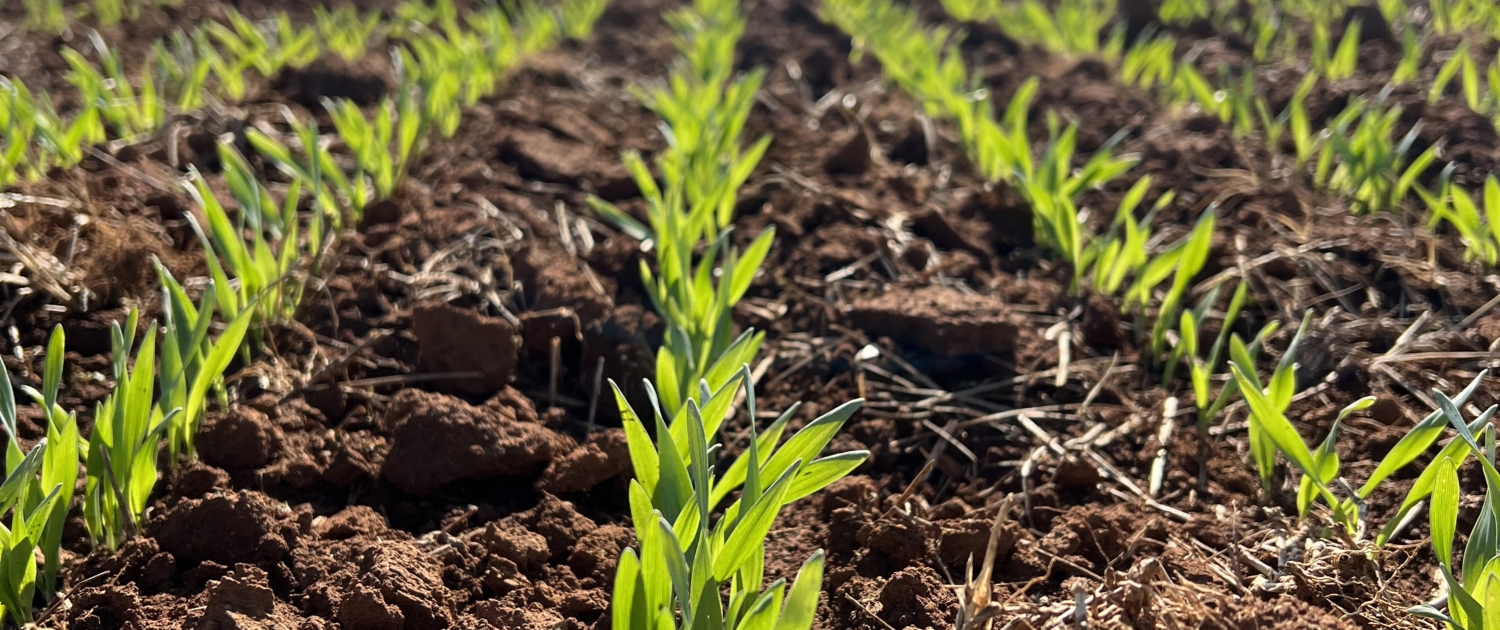
Photo courtesy HudsonAlpha Institute for Biotechnology
When the temperature begins to warm and the days get longer, we start to watch the weather a bit more closely around the Southeast. Calls go out to our small grains growers in late April and early May to get an early read on the crop. Have we had enough rain? Enough warm weather? Any disease pressure? It’s a laundry list of questions designed to gauge what we’ll be working with by the end of the summer.
In the early days, we held our collective breaths as the combines headed out into the fields of family farms. There were many variables to consider; best practices were still in development and the whole idea of harvest felt like a roll of the dice. Late afternoon rains and large storm fronts would inevitably take their toll. These events would lower test weights and increase vomitoxin levels rendering the harvest unusable.
With each passing year, we (along with our network of growers) learned something about growing barley in our region. Observations around microclimates, planting windows, and post harvest storage all helped build institutional knowledge. Updated guidelines and advice from our extension partners helped improve our odds of success. Mother Nature still threw us plenty of curveballs, but we were much better prepared to weather her storms.
As we sat down to review the data from this year’s harvest, it was clear that we had turned a corner. The samples looked bright and plump with solid test weights to match. Nearly 100 percent of the grain samples we received from ASR Grain Company, Bay’s Best Feed, and Teeter Farm and Seed met the necessary standards for malting. This includes newcomers to the malting barley game, Alabama and Georgia!
New Malt On The Block
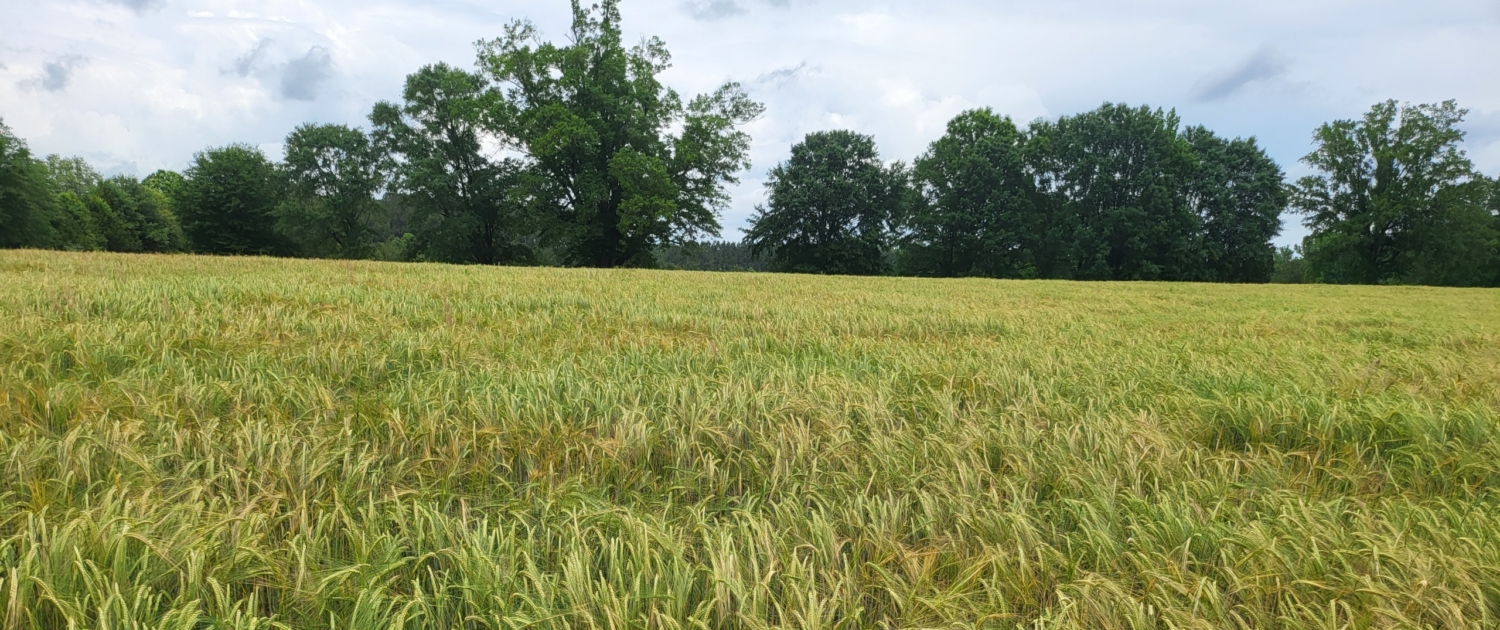
Towerhouse Farm Brewery
We have partnered with the HudsonAlpha Institute for Biotechnology in Huntsville, Alabama to improve and expand malting barley production in their area. This year’s variety trials included a 6-row variety called Secretariat as well as the 2-row Avalon variety. Both met our quality standards and malting is currently underway. These malts will go out to brewers and distillers throughout the state as part of an “Alabama grown” campaign.
Our friends at Towerhouse Farm Brewery in Georgia are continuing their quest to provide a grain to glass experience for their patrons. This year marks the second successful harvest of 2-row Calypso at their farm and we are looking forward to producing some exceptional malt for them!
Expanding our grower network into these states has been especially gratifying as we look towards the future of Riverbend. Since our start we’ve heard the question “what do you have that is grown in my state?” The answer is often quite complicated, involving several stakeholders and a potentially steep learning curve. It often takes several years to bring these projects to fruition, but the result is often a big leap for local agriculture and innovation within the neighboring brewhouses.
More Avalon, Please
Speaking of big leaps forward, our stock of Avalon barley bred by the Eastern Virginia Agricultural Research and Extension Center has increased exponentially with this year’s harvest. Adoption of this variety has happened quickly throughout the Southeast and we are excited to have lots from North Carolina, Virginia, and Tennessee to work with this year. The first batch is currently in production and will be available soon.
Last Kernels
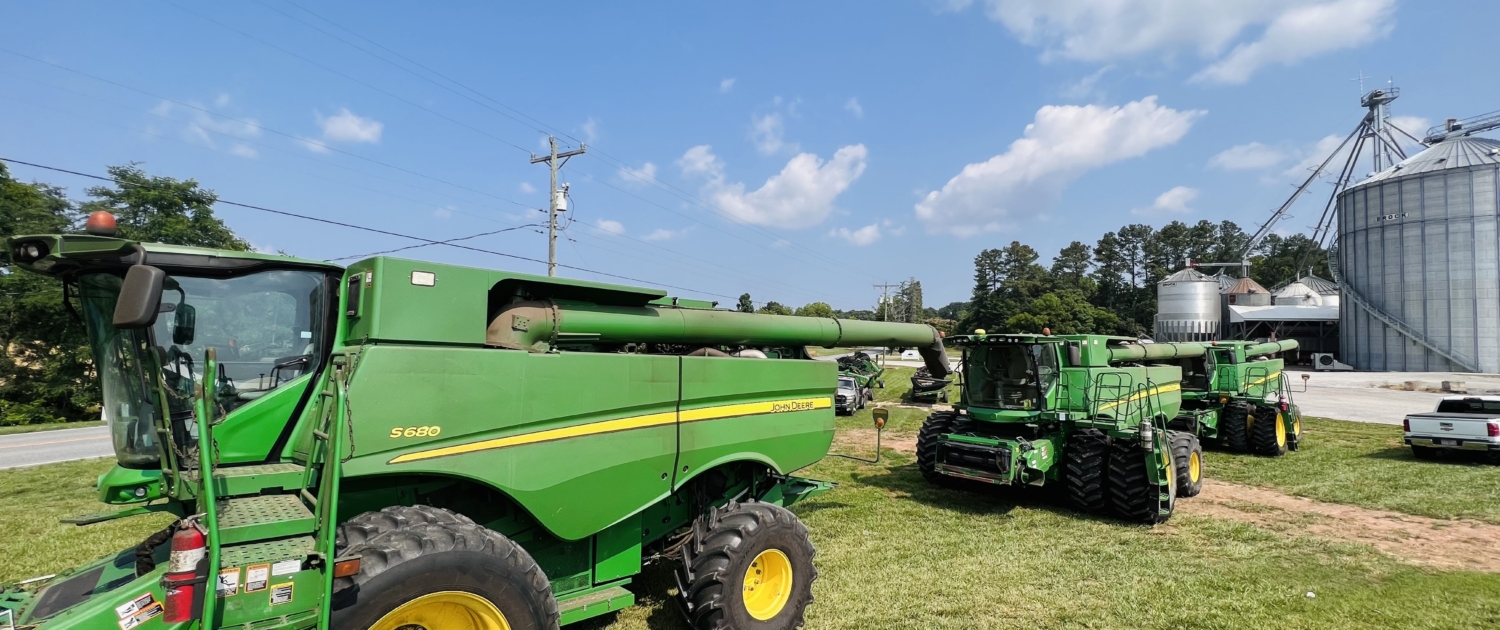
Photo courtesy ASR Grain Co.
Calypso and Violetta also performed well this season and will continue to play leading roles in Riverbend Base Camp and Southern Select malt styles.
Finally, we are also welcoming back an old favorite, Seashore Black Rye grown at Tidewater Grain Company in Oriental, North Carolina. This heirloom variety can be traced back to the 1830’s. Stay tuned for details on product release dates.

